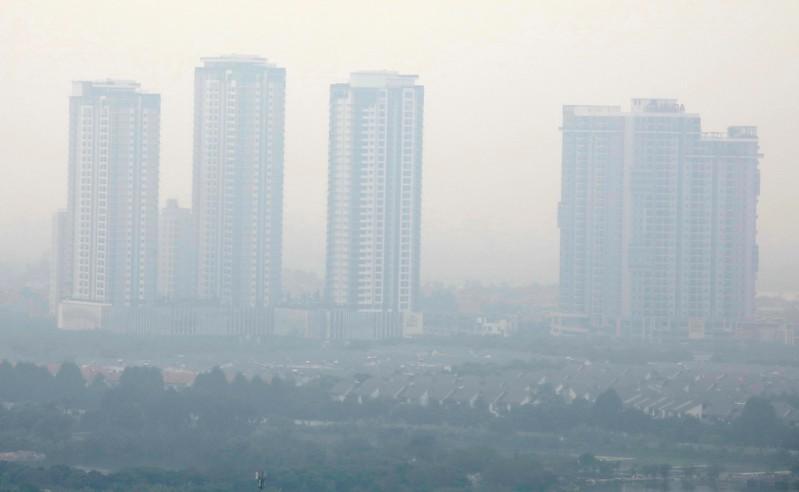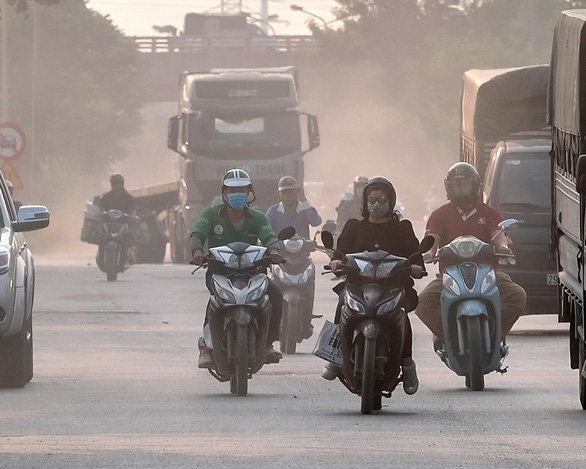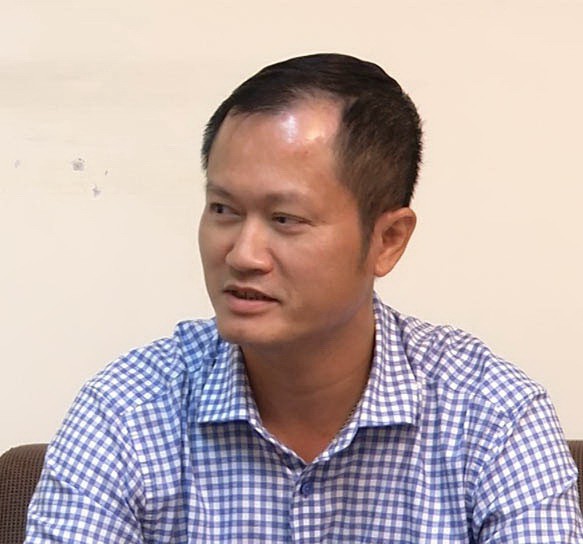The Vietnam Environment Administration (VEA) said on Tuesday it was planning to develop an air quality tracking app connected to state-sanctioned air monitoring stations in the Southeast Asian country to provide an ‘official’ and credible alternative to existing apps.
The app is aimed at supplying residents with another convenient channel through which they can look up real-time updates on air and environment quality, said VEA official Le Hoai Nam, who heads the agency’s Department of Environment Quality Management.
Currently, such data are already easily accessible through the websites of Vietnamese agencies in charge of environmental monitoring, Nam said.
The mobile app is expected to offer a more convenient way of accessing such data, he added.
Pollution has become a topical issue in the Southeast Asian country in recent weeks as air quality in Hanoi and Ho Chi Minh City – Vietnam’s two largest cities – has been on a serious decline since September.
The VEA last week warned people to limit outdoor activities as the government blamed the pollution on low rain levels and farmers burning rice crop remnants after the harvest to prepare for new plantings. Coal is also widely used for power generation in the country.
|
|
| Residents commute through a screen of smoke and dust on a highway in Hanoi, Vietnam. Photo: Nam Tran / Tuoi Tre |
As Vietnamese authorities took weeks to issue the first health warnings related to the pollution, and even then with few specifics given, residents in major cities have relied on available air quality tracking apps - most popularly AirVisual - to get updates on the air they breathe.
There was an uproar in Vietnam when the app became inaccessible on the Apple App Store and Google Play Store in the Southeast Asian country early this week following a smear campaign started by a high school chemistry teacher in Hanoi who believed AirVisual exaggerated its data for business motives.
Although the Vietnamese teacher has apologized and the app has gone back online since Tuesday evening, the spat further highlights the lack of an official air quality tracking app both the Vietnamese government and people could trust.
“We must stress that only monitoring stations operated by central government agencies or local administrations are considered official sources of information,” Nam said, citing Vietnam’s Law on Environmental Protection.
“These networks of monitoring stations are planned and invested in, with standardized and tested equipment pursuant to the law,” Nam underscored.
“All other sources are for reference only.”
|
|
| Le Hoai Nam, head of the Department of Environment Quality Management under the Vietnam Environment Administration. Photo: Xuan Thanh / Tuoi Tre |
Hanoi will raise the number of air monitoring stations to 32 in 2020, from the current 12, said Mai Trong Thai, head of the capital city’s environmental protection agency.
Meanwhile, Ho Chi Minh City is looking to double its automated monitoring stations, from nine to 18, after 2020, an environment official told news site Zing.
“If Vietnamese authorities could build an app similar to AirVisual which provides accurate data from trusted monitoring stations in Vietnam in a timely manner, the people would not even give AirVisual a second thought, let alone argue over whether its figures are right or wrong,” an environmental expert told Tuoi Tre (Youth) newspaper.
Like us on Facebook or follow us on Twitter to get the latest news about Vietnam!


























































